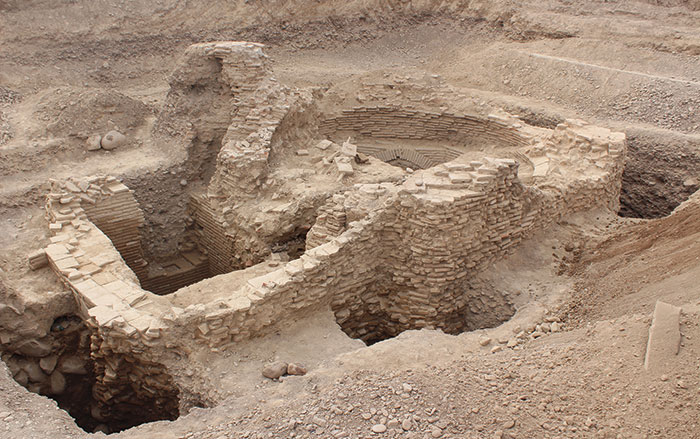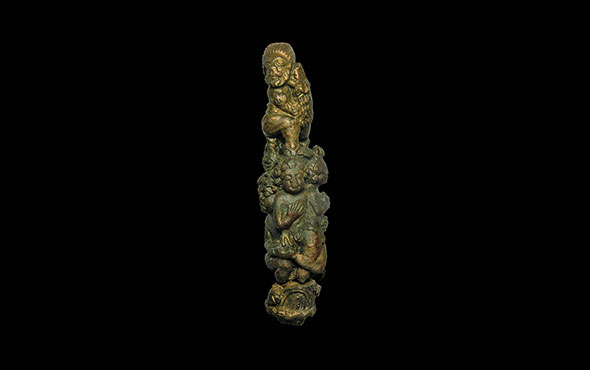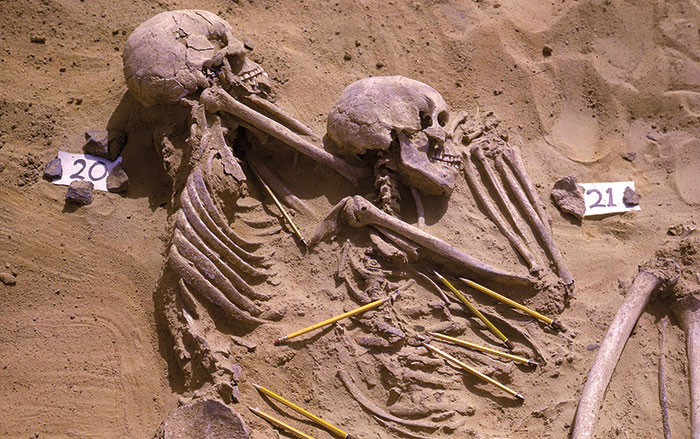
HOKKAIDO, JAPAN—Phys.org reports that evidence of goose domestication some 7,000 years ago has been discovered in eastern China, at the site of Tianluoshan, by a team of Chinese and Japanese scientists led by Masaki Eda of Hokkaido University. The evidence includes more than 200 goose bones unearthed at a settlement inhabited by hunter-gatherers who also cultivated rice. Four of the bones came from goslings that died between the ages of eight to 16 weeks old, while all of the adults grew to approximately the same size, suggesting that they had been bred and raised in captivity. Chemical analysis of the bones also indicates that the birds drank local water. Read the original scholarly article about this research in Proceedings of the National Academy of Sciences. To read about the remains of a new hominin uncovered in northeastern China, go to "China's New Human Species."










